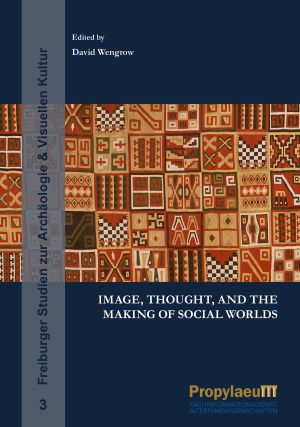
How to Cite
License

This work is licensed under a Creative Commons Attribution-ShareAlike 4.0 International License.
Identifiers
Published
Image, thought, and the making of social worlds
What is the status and role of image systems in human culture and history? This volume presents original studies examining the complex interplay between images, thought processes, and the making of social worlds from the pre-Columbian Americas to the ancient Mediterranean and early China. Moving beyond a notion of images as “merely illustrative” of propositions expressed in language or writing these studies draw insights from the civilisations of Amazonia, Oceania, and Central Africa to reveal the autonomy of image systems as intellectual devices in their own right, and their enduring role in the development of human societies across the traditional divide of “oral” and “literate” cultures.






